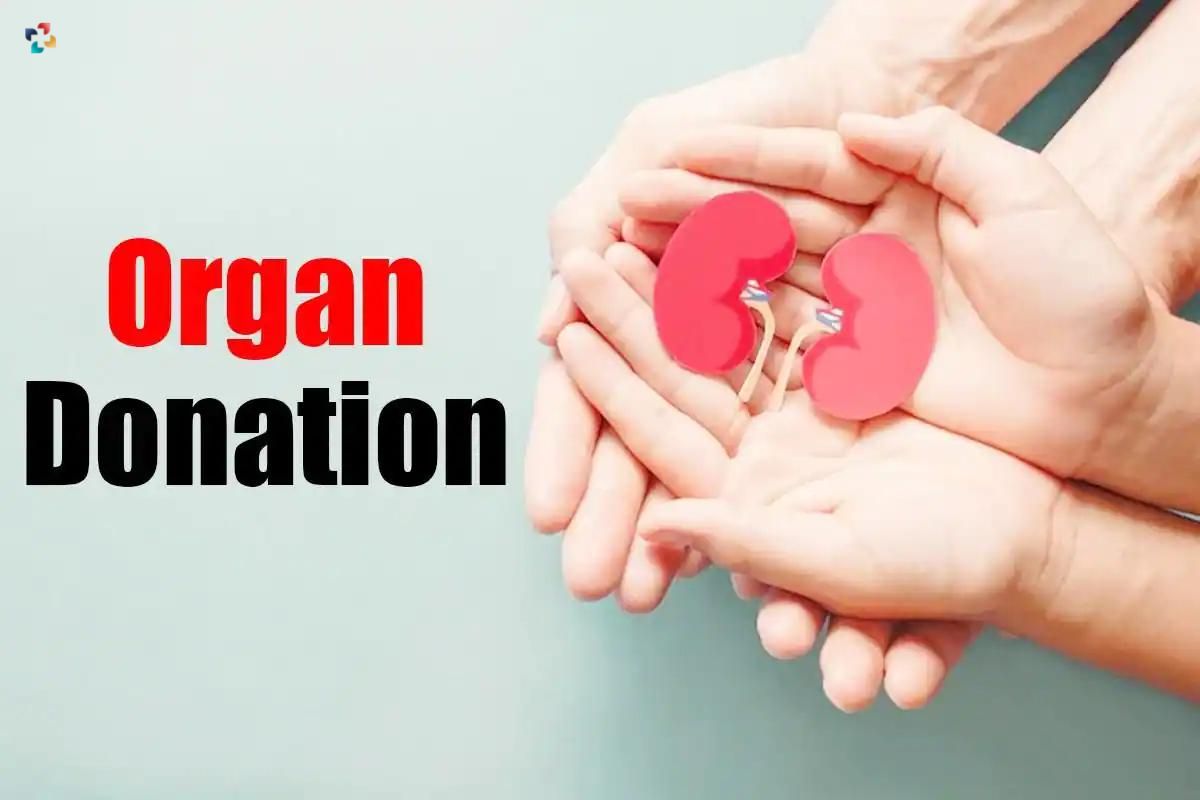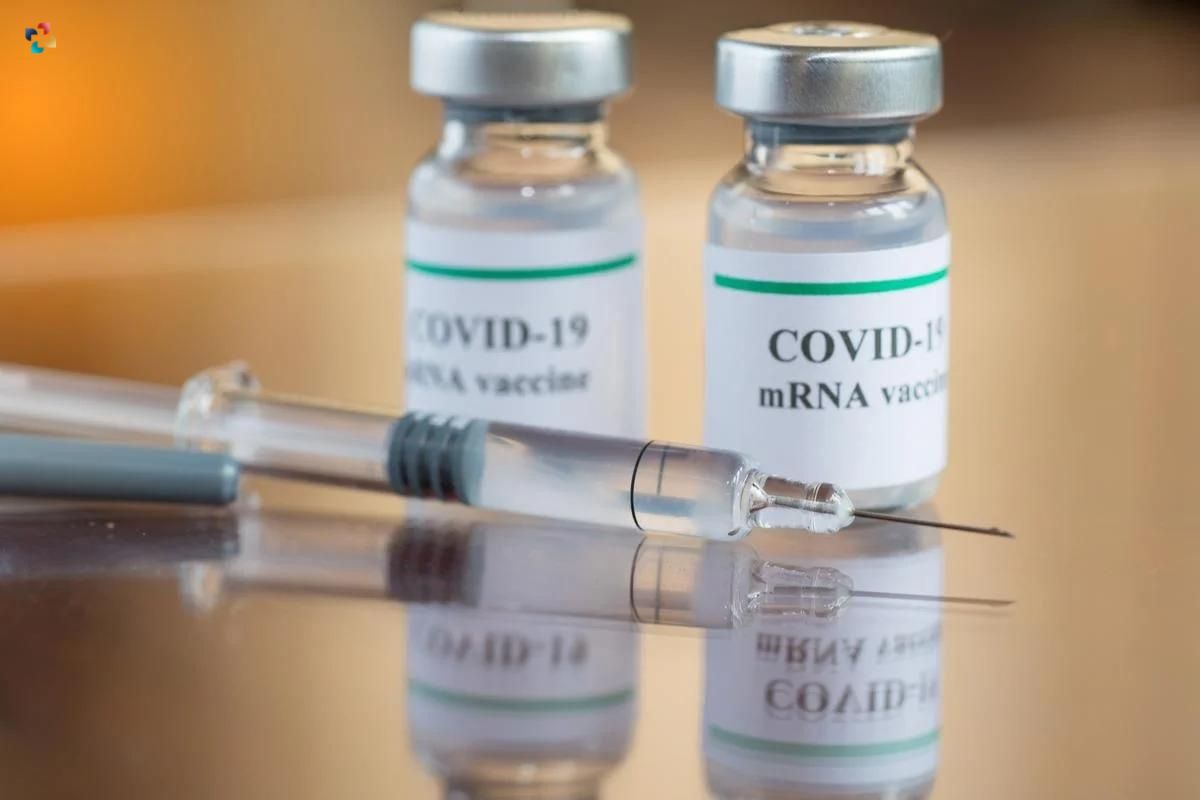As a result of the COVID-19 epidemic, there has been a renewed interest in the best healthcare inventions and the pursuit of revolutionary treatments. This is particularly true for the next crop of medical professionals and epidemiologists, who will be on the front lines of the next global health crisis. Like the Top 10 innovations that have made our lives easier and longer, these medical breakthroughs will undoubtedly usher in a new age of culturally transformational Healthcare Inventions.
Here are the 20 Best Healthcare Inventions that Changed Our Way of Life;
20. Disposable Catheters
David S. Sheridan, often known as the “Catheter King,” created the modern disposable catheter in the 1940s. Is one of the Best Healthcare Inventions that Changed Our Way of Life. There are people all over the globe who are affected by a neurological disorder that makes it difficult or impossible for them to urinate normally because of illness or injury. These people may maintain relatively normal lifestyles with the use of disposable catheters and the intermittent self-catheterization approach.
19. Molecular Breast Imaging
The detection of breast cancer with the use of a radioactive tracer and a specialized camera is called molecular breast imaging. This is a game-changing innovation. Mammography is still one of the most widely used tools for detecting breast cancer early. However, it is believed that some women do poorly on these screening tests.
18. Cardiac Defibrillator
Heart defibrillation is not a novel concept; rather, it has been known for quite some time. However, Claude Beck’s successful defibrillation of a little boy’s heart during surgery provided the impetus for its adoption into the medical context. Defibrillators have prevented the loss of life of tens of millions of people throughout the globe.
17. Organ donation

Organ donation was first developed in 1954 by Dr. Joseph E. Murray, who built on the success of blood transfusions. Is Considered one of the best healthcare inventions that Changed Our Way of Life. Ronald Herrick, Richard’s brother, consented to a groundbreaking procedure to give a kidney to his ailing sibling. Richard’s life expectancy was extended by eight years thanks to the pioneering organ transplant. For his “discoveries involving organ and cell transplantation in the therapy of human illness,” Murray was awarded the Nobel Prize.
16. Highly Active Anti-Retroviral Therapy (HAART)
This treatment has been in development for a long time, but it has been shown to be effective in alleviating symptoms in HIV/AIDS patients. Using a combination of three medications, HAART has been shown to stop the progression of AIDS and add four to twelve years to the lives of infected people.
15. Functional Magnetic Resonance Imaging (fMRI)
This novel method monitors specific regions of the brain where physical activity is taking place by capturing brain signs non-invasively and without the use of radiation. It may be used to track the development of brain tumors, evaluate brain function after a stroke or Alzheimer’s disease diagnosis, and pinpoint the site of epileptic activity.
14. Stethoscope
If a doctor wanted to listen to a patient’s heartbeat before the invention of the stethoscope, they would have to put their ear to the chest, which was a very inefficient and unreliable procedure. Is said to be one of the best healthcare inventions. If, for example, his chest fat provided significant insulation between his actual heart and the outside of his body, then this approach would not work. When trying to determine the patient’s heart rate, French physician René Laennec ran into a similar problem due to the patient’s considerable body fat.
13. Modern Telehealth

With the aid of telehealth, the number of people needing to go to the emergency room or be admitted to a hospital is decreasing dramatically. Patients and doctors can connect like never before, regardless of distance, thanks to advances in both healthcare technology and communications technology. Telehealth, one of the greatest medical technology breakthroughs which come under the best healthcare inventions, enables doctors to diagnose, treat, and manage their patients’ care by sharing and entering diagnostic images, videos, and patient data.
12. Prosthetics, Bionic Prosthetics, and Implants
Physically disabled people have been given a new lease on life thanks to the development of prosthetics, which have freed them from dependence on wheelchairs and crutches. The first implementations of this innovation, however, have had certain limitations. Modern prosthetics have increased the range of motion for their users. It wasn’t until 1980 that the first bionic prosthesis appeared. The carbon fiber used to make today’s bionic prostheses is both lightweight and stronger than metal.
11. Antibiotics
When most people think of one of the most important advances in medical science, they think of Alexander Fleming and his discovery of penicillin. When Alfred Bertheim and Paul Ehrlich developed Salvarsan in 1907, they ushered in the era of antibiotics. Has always been one of the best healthcare inventions that Changed Our Way of Life.
10. Soap
Soap manufacturers didn’t suffer any losses during the pandemic since their products helped people keep their hands clean, soft, and smelling nice despite the prevalence of antibacterial soap and liquid. It is also been there in the best healthcare inventions. In 3000 BC, the Sumerians of Mesopotamia (present-day Iraq) created a soap from ashes and water.
9. Anna Coleman Ladd’s masks
Facial masks were created by the American artist using innovative cosmetic surgery procedures for soldiers whose faces were disfigured in World War I. After taking castings of the soldiers’ faces, she painstakingly fashioned attachments out of painted copper and human hair, which were secured to their faces with spectacles, enabling them to rejoin society.
8. Imodium
In 1973, Dr. Janssen introduced Imodium to the market as a treatment for diarrhea. Travelers are used to the over-the-counter remedy, but unfortunately, not everyone can get their hands on it. When combined with malnutrition, diarrhea is the second leading cause of death in children younger than five.
7. X-ray

X-rays were discovered by chance in 1895 by German scientist Wilhelm Conrad Röntgen. Additional testing by Röntgen revealed that X-rays could penetrate tissue but not bone. It is one of the best healthcare inventions in the Medical field. By using a patient’s skeleton as a kind of road map, the X-ray has opened a window into the body, allowing doctors to better understand their patients’ conditions.
6. Defibrillator
When the heart stops pumping properly (cardiac arrest), a defibrillator may restore normal heart rhythm by sending electric shocks to the patient’s heart. A person named William Kouwenhoven, an electrical engineer created the first external defibrillator in 1930. The debrillabulator was initially used effectively in heart surgery by Claude Beck, a cardiac surgeon, in 1947.
5. Tampons
Earle Haas, the tampon’s creator, was certain that his product would be successful despite its status as “alternative medicine” in 1931. Gertrude Tendrich, the inventor of Tampax, saw its potential and made it possible for women to live more peacefully during their periods. This allowed them to exercise more freely and with more confidence, and it benefitted them when they joined the workforce in greater numbers.
4. Blood transfusion
Although the first successful human blood transfusion was done by British physician James Blundell in 1818, it wasn’t until 1901 that Karl Landsteiner identified the key blood types.
For the first time in the 1940s, the public was asked to give blood in the event of a medical emergency.
3. Condoms
In the past, people used things like linen, animal intestines, and paper to act as condoms and stop the spread of STDs and unwanted pregnancies. They were unsuccessful, but modern latex condoms (with 30 billion sold per year) are saving lives by preventing the spread of HIV, stopping unwanted pregnancies, and making sex between partners more pleasant and secure.
2. Vaccines

The vaccination, like the X-ray, was found accidentally. Doctor Edward Jenner persuaded James, the son of his gardener, to participate in the first vaccination trial, in which he scraped James’s arm and administered a sample of cowpox, taken from a cowpox sufferer. James was sick for a few days, but he eventually got well. The next time Jenner tried to infect James with smallpox, he was successful. The first vaccination was developed by Jenner.
1. The Artificial Heart
Dr. Robert Jarvik is well-known for developing the first successful permanent artificial heart, the Jarvik 7, which was originally implanted in 1982. Perhaps the development of the steam engine is something you would be interested in as well.
Since then, this medical innovation has helped save thousands of lives throughout the globe. Since heart disease is the leading cause of death in the United States and many other nations, top cardiologists are always looking for new ways to improve people’s heart health. While waiting for a heart transplant or while their own hearts are being nursed back to health, patients are increasingly being supported by both temporary and permanent artificial hearts.
Bottom Line
Change is the very nature of the universe and innovations play an important role in riding the waves of change. Healthcare is a dynamic sector that witnesses significant changes day in and day out, which is evident through the inventions in the sector over the past decade or so. We have tried to cover many of these inventions in this blog. We hope you found this blog insightful!







